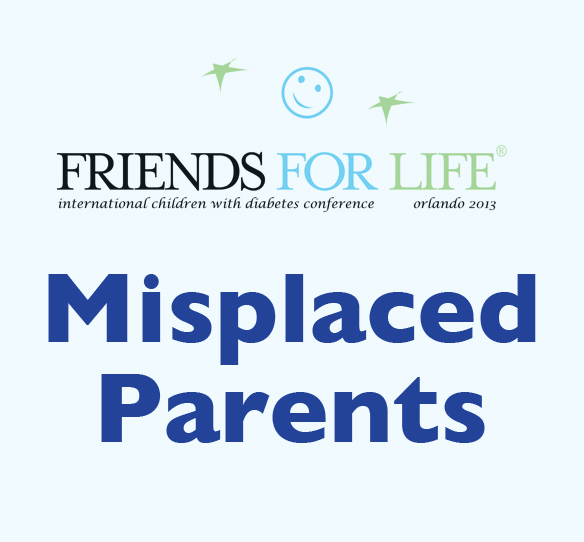
Special Commentary
It’s a typical July day in Orlando, Florida: sunny, hot, and humid – a good opportunity to spend time at any one of Disney’s theme parks. But for hundreds of adults sitting in partially darkened rooms at the Coronado Resort Hotel, the fun can wait, even though most have kids in tow. Few of these parents are doctors or have advanced degrees, but they’ve come from all over to listen to 75-minute presentations on topics like the latest clinical trials of a bionic pancreas, progress in developing an implantable “mini-organ,” to regenerate pancreatic beta cell function and the “personality” of the gastro-intestinal system.
This is Friends For Life, an annual six-day combination of treatment and research information, product demonstrations, family fun, and joyful reunions of children and parents who have formed lasting friendships through this event. Sponsored by Children With Diabetes since 2000, FFL is the only long-stay diabetes conference I’ve encountered attended by thousands of people who actually have or live with diabetes. Most of them are children and their parents, but there also are many grown-up Type1s who return to Orlando each year for therapeutic doses of treatment progress reports, fellowship and support. For all, it’s a chance, for a few days at least, to be surrounded by people exactly like them – people with diabetes. As one attendee told me, being at Friends For Life gives him “a chance to feel normal.”
Insulin Nation sponsored a table at the FFL exhibition so we could meet our readers. Directly across from our table, there was a gathering point that had been set up for families who had gotten separated in the shuffle; a sign indicating the spot simply said “Misplaced Parents”. Staring at that sign for three days stimulated a thought in me.
Caring for a child with diabetes 24/7/365 is an extremely immersive form of training. Many of these parents know more about diabetes lifestyle and treatment issues than most family physicians. But children with diabetes eventually grow up and become adults with diabetes, leaving mom and dad with a lifetime of experience and knowledge and no one to care for or share it with.
Two of the most striking attributes I see in the parents I meet through Insulin Nation are their knowledge of diabetes and ability to ask intelligent questions. Could these students of diabetes eventually be enlisted as teachers? There are tens of thousands of people with diabetes who need both advice and support, and the medical community has little time and too few human resources to meet their needs. By finding a way to tap directly into the collective knowledge of the preceding generation of Type1 parents, we can avoid having to reinvent the knowledge wheel for each new generation.
Call these parents the “DiaCorps” or “DiaVets” and find a way to support them to help others in their community to cope with diabetes. We’d all be better off if we could help them share their wisdom.
Thanks for reading this Insulin Nation article. Want more Type 1 news? Subscribe here.
Have Type 2 diabetes or know someone who does? Try Type 2 Nation, our sister publication.







